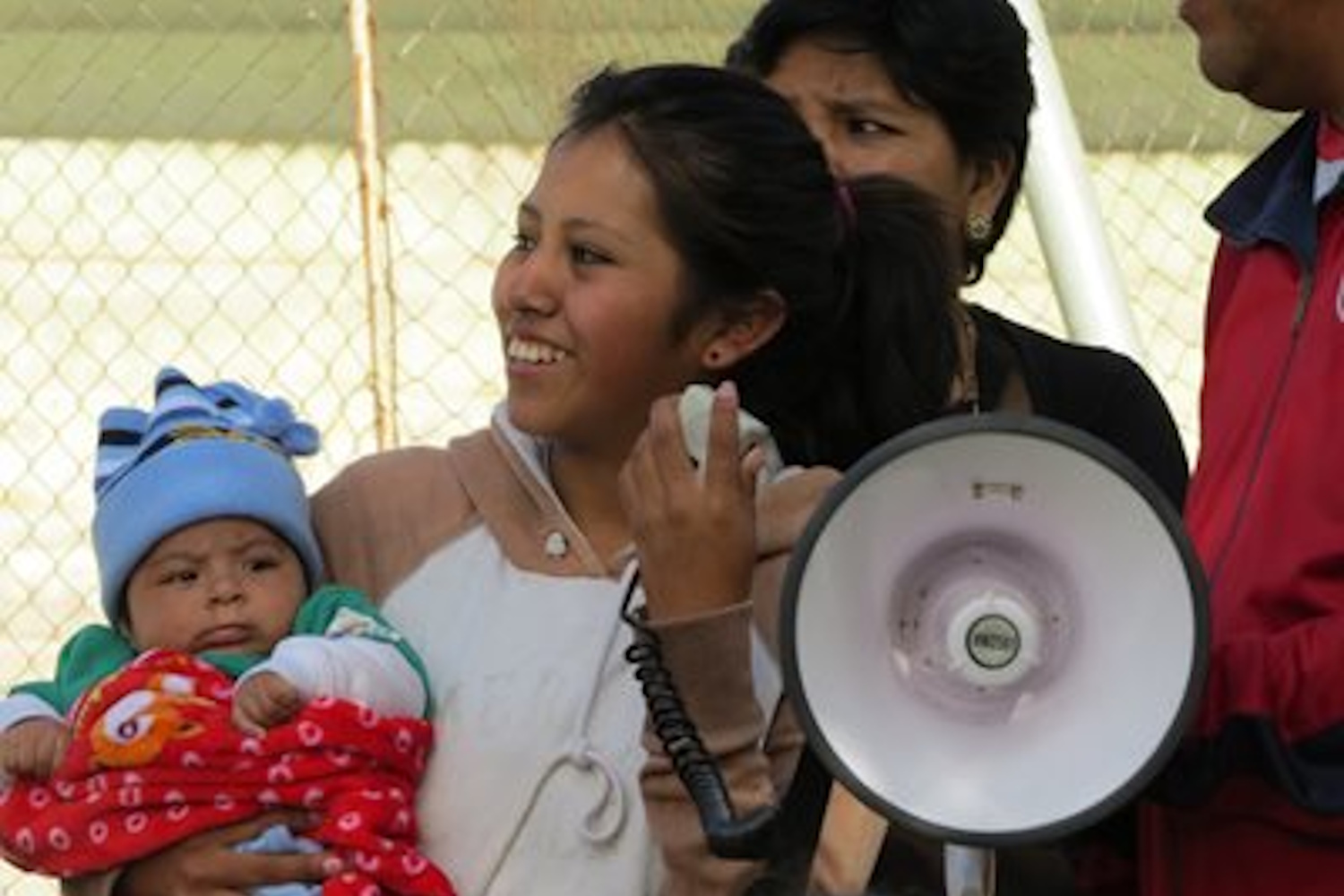Bolivia's historic reform to ban child marriage represents a significant step toward protecting children's rights, aligning with international standards. However, cultural change and broader support are crucial.

@Save the Children
In many parts of the world, the line between childhood and adulthood blurs far too early—not by personal choice, but by decisions made by others: families, communities, legal systems that have long turned a blind eye. Every year, millions of girls and adolescents are forced into marriage, often before they reach the age of 18. In doing so, they lose not only their freedom but also the right to grow, study, and dream.
In this global context, Bolivia has made a historic move. Recently, the country’s Parliament and Executive have passed a reform that bans all marriages and unions under the age of 18, permanently removing the legal exception that allowed minors to marry at 16 (15 years) with parental or judicial consent.
A harsh reality: marriages starting at age 12
Between 2014 and 2023, Bolivia recorded over 5,000 marriages and unions involving minors, some as young as 12 years old. A report from the Ombudsman’s Office reveals some disturbing numbers:
- 487 marriages involved girls between the ages of 12 and 15
- 4,804 unions involved adolescents between the ages of 16 and 17
Behind these figures are real stories, often marked by poverty, inequality, and violence. Families, in hopes of securing a better life for their children, “settle” them into early marriages, not realizing that they are exposing them to new dangers: abuse, exploitation, forced pregnancies, and social isolation.
“There are families that marry off their children due to poverty, thinking they might have a better quality of life. But the reality is different: many girls suffer from violence, femicides, and rape,” says Senator Virginia Velasco, the promoter of the law.
#AntesDeLos18No #MatrimonioInfantil #GestiónLegislativa #SenadoraVirginiaVelasco
Posted by Virginia Velasco Condori on Wednesday, September 17, 2025
With this law, Bolivia aligns itself with international standards and the recommendations of the United Nations and the Inter-American Commission on Human Rights.
A global issue, closer than we think
This reform is a legal barrier against deeply rooted and often invisible practices—not ones confined to distant cultures. Early marriages continue to occur around the world, even in European countries, through religious unions or marriages performed abroad.
According to UNICEF, one in five girls worldwide is married before the age of 18. Each early marriage is a violation of human rights but also a chain that perpetuates poverty, illiteracy, and gender inequality. Girls forced into early marriages are less likely to finish school, more likely to experience domestic violence, suffer complications during pregnancy, and often remain excluded from community decision-making.
La Comunidad de Derechos Humanos celebró la aprobación de la ley que prohíbe el matrimonio y la unión libre de menores de edad en Bolivia. Destacan que se trata de un avance histórico que protege a niñas y adolescentes, garantizando su salud y su derecho a decidir sobre su futuro sin ser forzadas a situaciones de vulnerabilidad.#LegislaturaDelBicentenario #CámaraDeDiputados #SesiónOrdinaria
Posted by Cámara de Diputados del Estado Plurinacional de Bolivia on Thursday, September 18, 2025
The Bolivian reform is a significant milestone, but the road ahead is long. For a law to truly work, deep cultural change is needed: community awareness, education, access to services, and social protection. Political will is crucial, but so is the mobilization of civil society and international institutions to ensure that no girl is deprived of her childhood.
Bolivia shows us that change is possible. Banning early marriages means protecting the future—not only of children but of society as a whole.
Sources: Defensor del Pueblo / Cámara de Diputados del Estado Plurinacional de Bolivia
